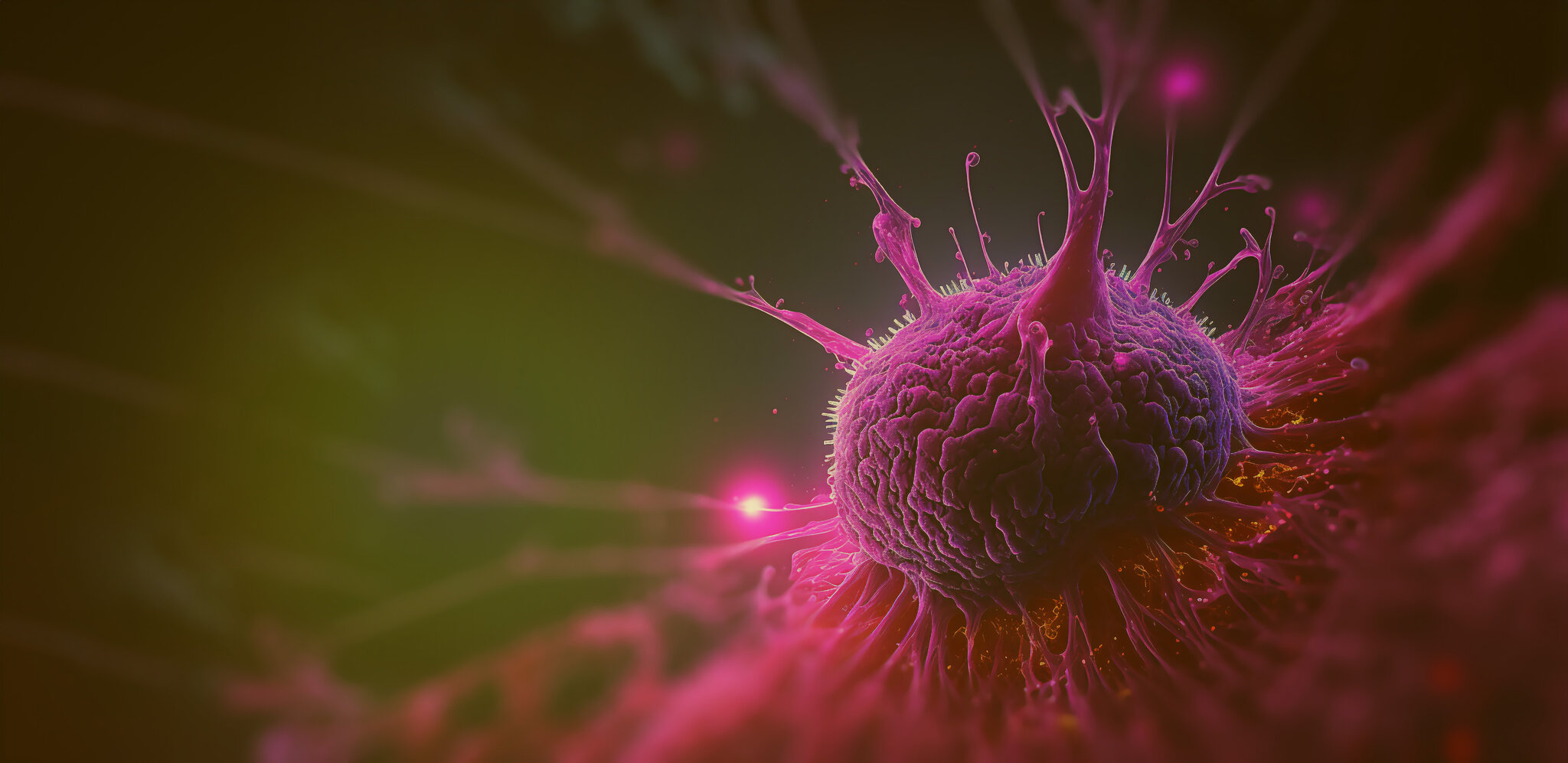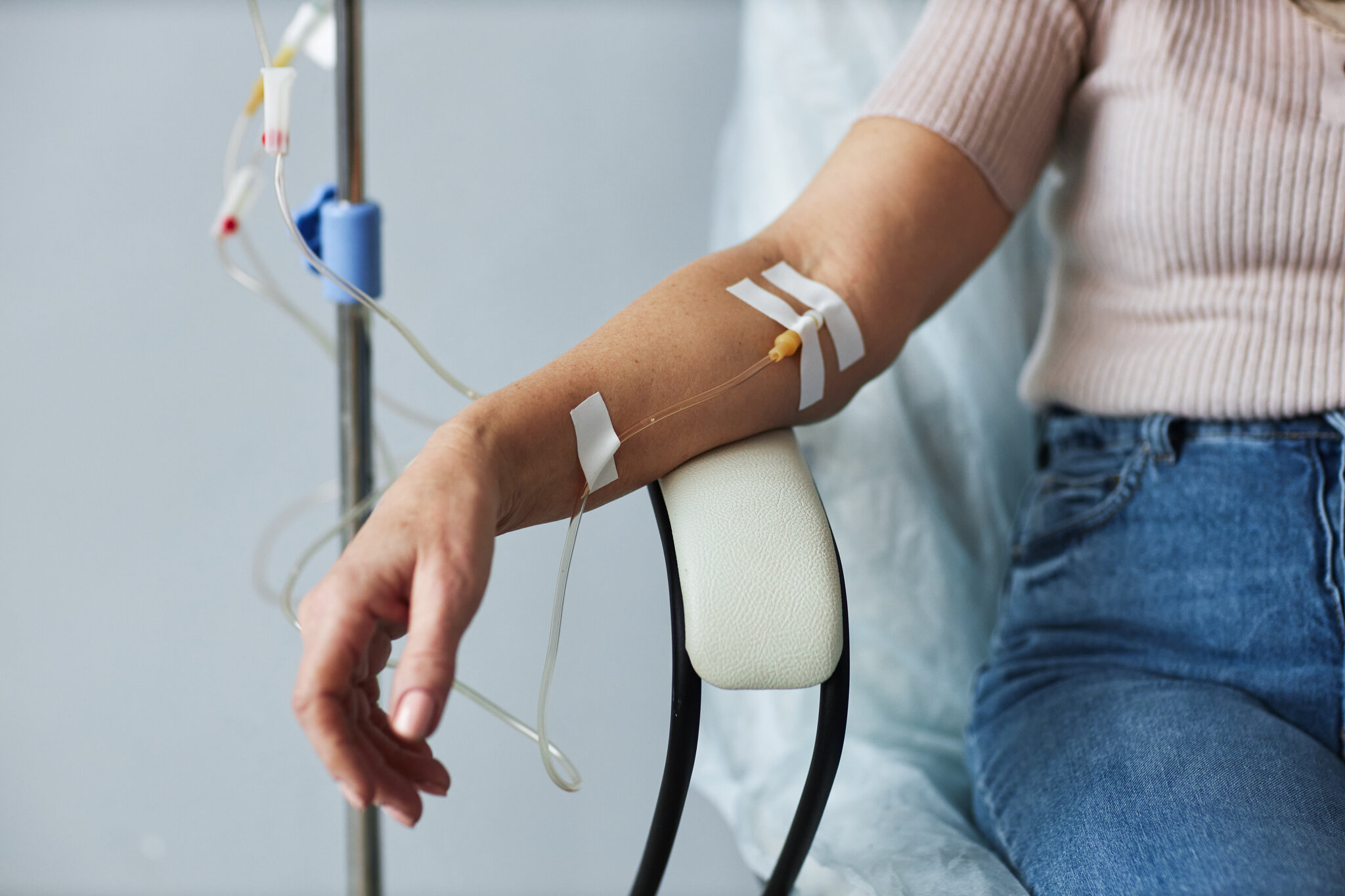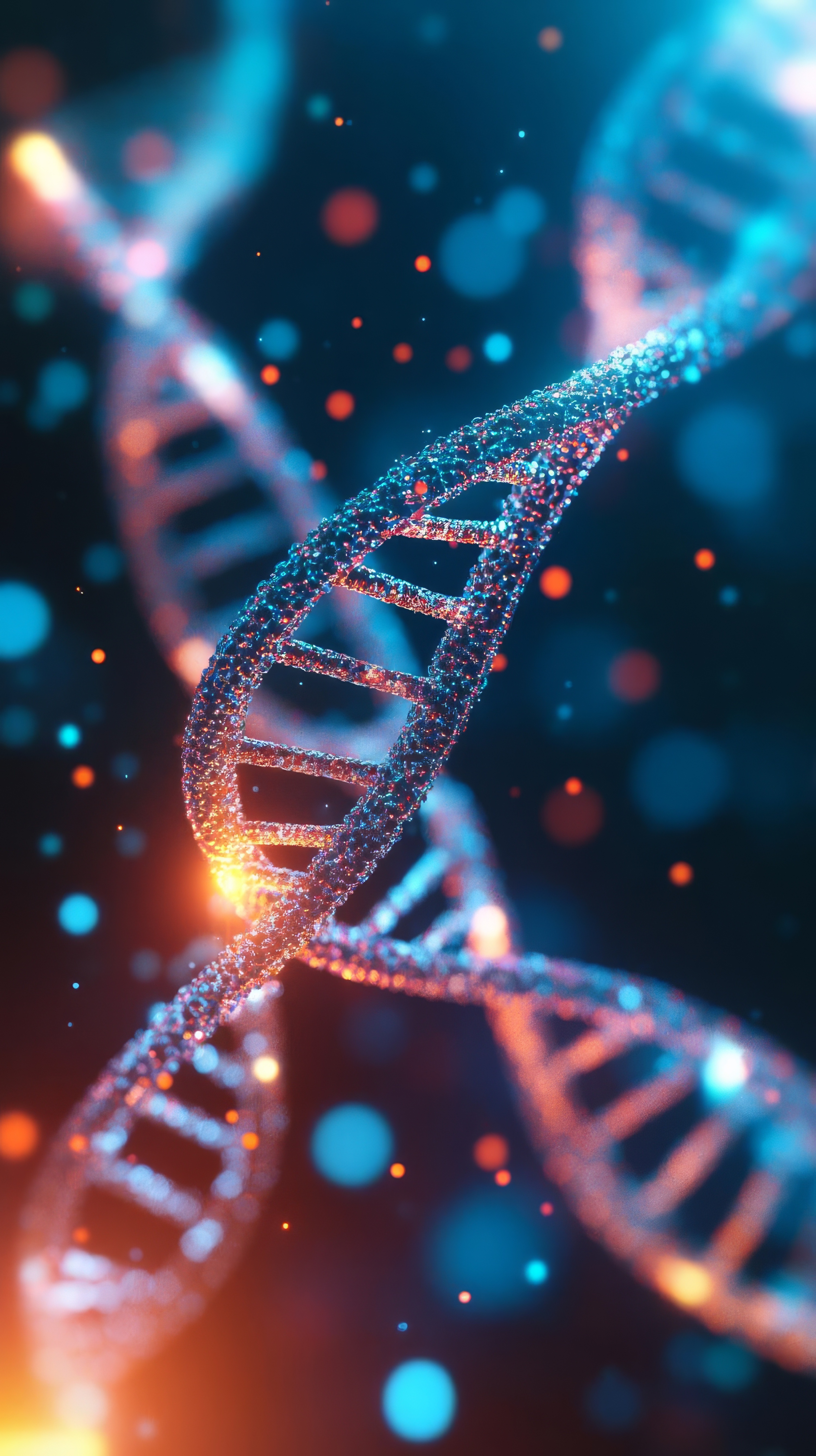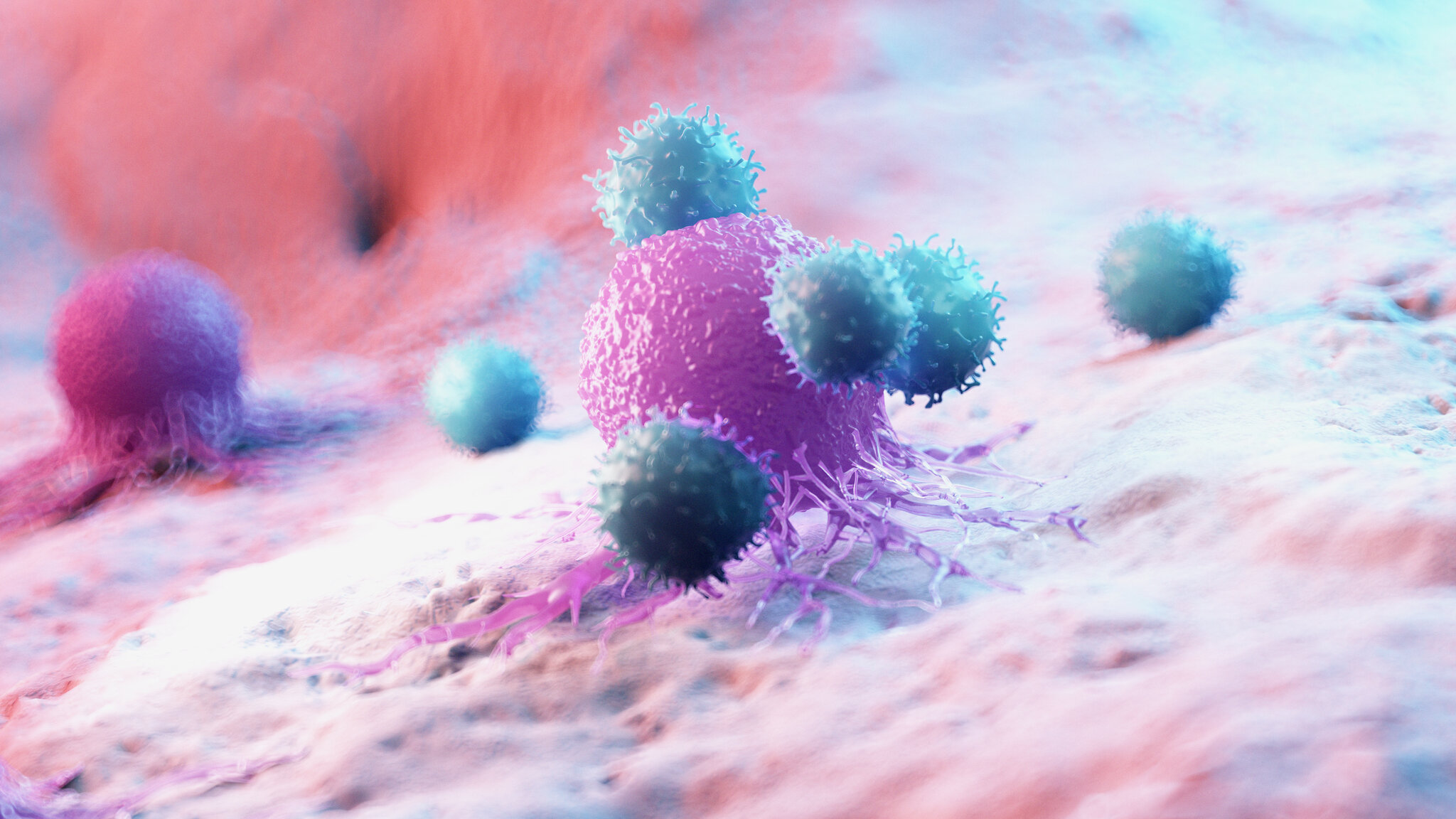Connecting the Dots
10
Cancer research news around the world
Explore the latest and most significant news in cancer research and its connection to Oncode Accelerator. Stay updated on the ongoing efforts in the fight against cancer within our field, and learn about advancements in patient data, AI, and organoid research.

Young adults are getting cancer more often
The incidence of early-onset cancers, especially lung, stomach, colon, and cervical cancer, is on the rise among adults under 50. While the exact cause remains unclear, a US study suggests this alarming trend may be tied to accelerated aging driven by lifestyle factors, stress, and genetics. The researchers state that this calls for urgent research to better understand the connection, identify at-risk populations, and enhance early detection. Preventive strategies could play a vital role in addressing this growing health concern.
Cancer patient survival rates increased
Cancer survival rates in the Netherlands have seen remarkable improvement over the past 20 years, according to recent data from the Dutch Cancer Registry (NKR). The Netherlands Comprehensive Cancer Organisation (IKNL) highlights significant gains in three-year survival for several cancers, thanks to new treatment methods and innovative drugs. Currently, over two- thirds of cancer patients survive at least five years after their diagnosis; a hopeful trend for the future.

Utrecht is European frontrunner in health innovation
The European Commission appointed Utrecht as the European frontrunner in health innovation. With the award of 'Regional Innovation Valley' status, Utrecht’s goal is to increase cooperation in health innovation in Europe. Utrecht is home to innovative companies and institutions such as UMC Utrecht, Princess Máxima Centre and cancer drug company Genmab. Known as Utrecht Heart of Health, Utrecht scored high in the field of human health.
VAR
Cancer can develop without DNA mutations
For decades, scientists believed cancer only developed from mutations in our cells' DNA. However, cell biologists from France have shown that tumours can form without DNA
mutations. This discovery challenges the conventional understanding of cancer development and opens new possibilities for research into prevention and treatment.
NewScientist


Patient Data
IKNL and Health-RI are joining forces
Health-RI and the Netherlands Comprehensive Cancer Organisation (IKNL) are joining forces to increase the availability of research data. An integrated healthcare data infrastructure is the key to high-quality medical-scientific research, innovation and optimal care. By signing a Memorandum of Understanding (MoU), both parties are taking an important step in promoting data-driven cancer research in the Netherlands and abroad for improved treatments, better outcomes and ultimately cancer prevention.
Therapeutic Vaccines
Macrophages are key players in immunotherapy
Researchers at Leiden University Medical Centre (LUMC) have discovered that macrophages are key players in the effectiveness of immunotherapy. This is a remarkable discovery, as it was previously thought that macrophages had to be suppressed for immunotherapy to work optimally. In their study, the researchers show that immunotherapy causes T-cells to recognise the tumour and then activate tumour-killing macrophages. The discovery could lead to the development of new drugs that specifically harness the tumour-killing power of macrophages.

Artificial Intelligence
New AI algorithms in cancer research
Mayo Clinic recently presented new, hypothesis-driven AI algorithms. These models differ significantly from traditional AI models that learn solely from data. The new algorithms offer an innovative way to use huge data sets to search for the complex causes of cancer. Mayo Clinic says that the hypothesis-driven AI can be used in all kinds of cancer research applications including patient stratification and drug response prediction and can improve treatment strategies.

Chemotherapy induces self-destruction for cancer cells
The incidence of early-onset cancers, especially lung, stomach, colon, and cervical cancer, is on the rise among adults under 50. While the exact cause remains unclear, a US study suggests this alarming trend may be tied to accelerated aging driven by lifestyle factors, stress, and genetics. The researchers state that this calls for urgent research to better understand the connection, identify at-risk populations, and enhance early detection. Preventive strategies could play a vital role in addressing this growing health concern.
Organoids
Brain organoids
New cortex organoids are developed at the Princess Máxima Centre and the Hubrecht Institute that better mimic human brain features such as cell organization and stem cell behaviour. These organoids can be used to model pediatric brain tumours and potentially improve understanding and treatment of brain cancers such as cortical gliomas, which currently have a 60% five-year survival rate in children.
Artificial Intelligence
Growing attention for real-world data
The number of registry studies performed in the Netherlands is increasing. Whereas clinical trials test a drug on a select group of patients, registry studies record the effect of the drug in clinical practice. Therefore, a more diverse group of patients is included, considering factors like age and comorbidities. Furthermore, patients are followed for a longer period which makes it possible to gain insight into long term effects of treatment.

Artificial Intelligence
The growing role of AI in skin cancer detection
AI is playing an increasingly significant role in risk prediction and detection of skin cancer. Erasmus Medical Centre developed an AI model that predicts skin cancer risk from facial images, considering more factors than traditional methods. In a UK pilot study, the AI model DERM helps determine if a skin abnormality is malignant, allowing for earlier detection and treatment of skin cancer in more patients. Therefore, AI has the potential to innovate skin cancer care.

Patient Data
Nanomedicine can improve cancer drug delivery
Treatment of cancer is often associated with severe side effects, which increases the burden for patients. More targeted delivery of cancer drugs could limit these side effects. Nanomedicine, including nanoparticles and nanorobots, potentially makes it possible to do this targeted delivery of cancer drugs.